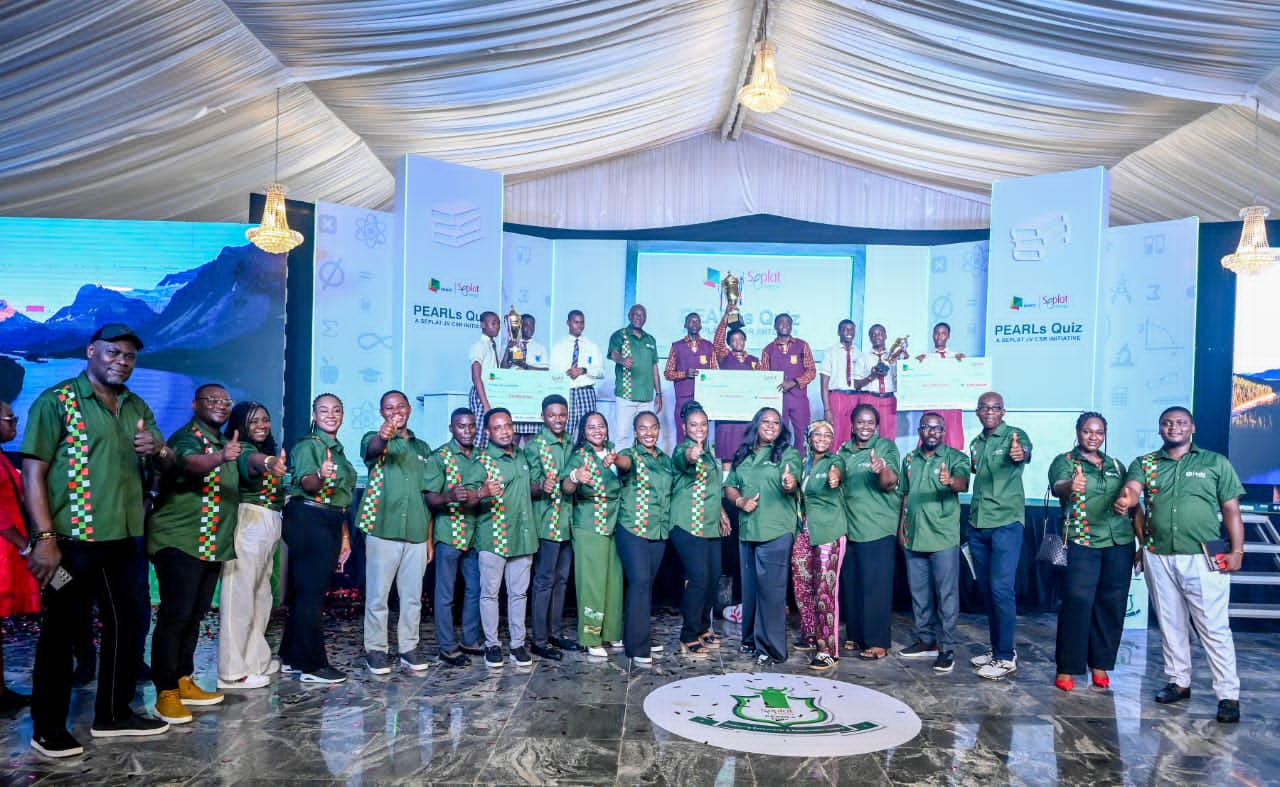
LOOKING at his global image, very many people are tempted to agree with his autobiographical submission that the man who moved his country-Singapore from Third to First World, has today become one of the seminar figures of Asia.
The grand old man Lee Kuan Yew, who passed on last week at 91, has to be correctly seen as a global seminar figure. He was statesmanlike. He had vision and courage. He was an inspirer, and above all, he was a step ahead of his society. Once a leader has these abilities and/or gifts, then all else that nations needed to become great would fall in place.
It is true that few gave Singapore much chance of survival when it was granted independence from Great Britain in 1965. Long before the grand old man closed his earthly eyes a few days ago, his country boasted the world’s number one airline, best airport and busiest port of trade, as well as the world’s fourth highest per capital real income.
How did he establish himself as a force impossible to ignore in Asian and international politics? Through late Lee, the world has now learnt that it is not possible to take stability, growth and prosperity for granted. Through his exertions, he again validated the eternal law that prescribes movement (of thoughts and positive deeds) for goals realization. This is the mascot that Lee Kuan Yew held aloft before the rest of the world!
The Making Of A Modern Singapore
With his People’s Action Party (PAP), the Cambridge educated lawyer governed the City-State Singapore since 1959, becoming its first prime minister at only 31. He led Singapore through the merger with, and then separation from, Malaysia.
The country itself is one of those states that describers like to call a small country of only 685 square kilometers. It has no known natural resources to survive in the midst of larger, newly independent nations all pursuing nationalistic policies. The story of Singapore that is being told today is in manifold outlays. Among others, it is about the problems of nationhood faced by Lee and his comrades of progress and how they solved them.
Yew was a problem solver. He identified the common problems facing his country, moved away from the ethnic trap (There are/were many tongues even in Singapore) and set his national priorities. There then emerged the grand strategy to banish poverty, encourage productivity, curb indiscipline, while enthroning a set of values and national ethics that promoted rapid development. This was about how a modern Singapore arose. Leader Yew greened up Singapore and made sure his various governments were kept “clean.” A convergence of other factors has since set it apart as a shining example of how to transit from a Third to First world.
Who is greening up a country like Nigeria and keeping its government clean? How did Yew manage to make neighbour Indonesia from foe to friend? Can Nigeria do it with the Yew strategy for say Cameroon or “Continental rival” South Africa?
An Example In International Politics
Leader Yew knew that his country is very small compared to the partners Singapore had chosen or those forced on her by the dynamics of international relations. When Yew chose the United States (US) over the defunct Soviet Union and then Russia and China as a country it can have a much more strategic relations with, he knew he had to exercise the greatest caution and not punch either below or above his weight. Therefore, leaders elsewhere and students of international politics may do well to study his take on what has been referred to as: America’s New Image; this being his international showcase politics with the US featuring how his government coped with America’s foreign policy at the most trying moments.
Relating to navigation of this complex web, Yew himself said: “We feared that talking and acting as if China were an enemy would make it into one… Then, on America’s choice of constructive engagement, we resisted international pressure for the abolition of detention without trial. Singapore was a Confucianist society that placed the interests of the community above that of an individual!”.
The positive vibes sent out to the rest of the world was that, great leaders and those who aspire to be and those who envision or design great nations must know in practice (beyond precept) that the primary responsibility is always the wellbeing of the people.
And that actions bearing overriding shared strategic concerns meant that disagreements might not brought to the open. Yes, the US in her foreign policy always put human rights and democracy at the center of its exertions even though there is always the western versus eastern values in its dealings.
Yew did not merely talk year in, year out, of being partners of America like most power wielders do in Africa. Besides the lessons from Japan, tapping into the American strength – talent, think-tanks and a huge Research and Development laboratory among others, he was able to see that, that partner attracts some of the brightest minds from all over the world to new growth sectors like Silicon Valley. Whereas, no European or Asian nation can attract and absorb foreign talents so effortlessly like a gigantic magnet drawing in, the best and brightest from the world! He had the correct external stimulus to build the Singapore model as a masterpiece and reference point.
The marks could be felt by his neighbours and in the realm of colonial linkages both in the western and eastern hemispheres. But examining his Singaporean relations with a powerful country like the US might perhaps provide an aperture through which his international politics can be gouged.
Iron Man Prosperity
Yew learnt not to put so many irons on the fire at the same time. The rise of Singapore was steady, yet astronomical and phenomenal. There was a systematic upbuilding, not a fluky razzmatazz. One at a time. One at a steady, speedy, not riotous time!
But he was criticised for his iron grip on power. Under him, freedom of speech was said to have been tightly restricted and political opponents were targeted by the courts.
He was an Iron man who planted a new economic model for his beloved country. He told the New York Times in 2007: “We knew that if we were just like our neighbours, we would die. We had to produce something which is different and better than what they have.”
Earlier in 1980, he told a rally: “Whoever governs Singapore must have that iron in him. Or give it up…I’ve spent a whole lifetime building this and as long as I’m in charge, nobody is going to knock it down.”
For weeks, the old man tried to fight pneumonia even with life support. In an emotional televised address, his son Prime Minister Lee Hsien Loong paid his tributes.
“He fought for our independence, built a nation where there was none, and made us proud to be Singaporeans. We won’t see another man like him.”
The US President Barack Obama described him as a “giant of history.” The Chinese foreign ministry called him “a uniquely influential statesman in Asia”.
But beyond more eulogies expected, as the world conducts a trans-national funeral for him today (Sunday 29th of March 2015), at the University Cultural Centre (UCC), National University of Singapore, after the State Funeral Procession from Parliament House, the world would remember that even though the hospital’s Life Support had been taken from him, we owe it some duty to propagate his loftiest principles in the climes such as abound in Africa, where sound leadership is badly in need.
The world would remember the visionary statesman who bestrode the country of one diamond shaped Island (and several islets), which he had transformed from a small port city into a wealthy global hub. Lee Kuan Yew was a man who truly set out!






